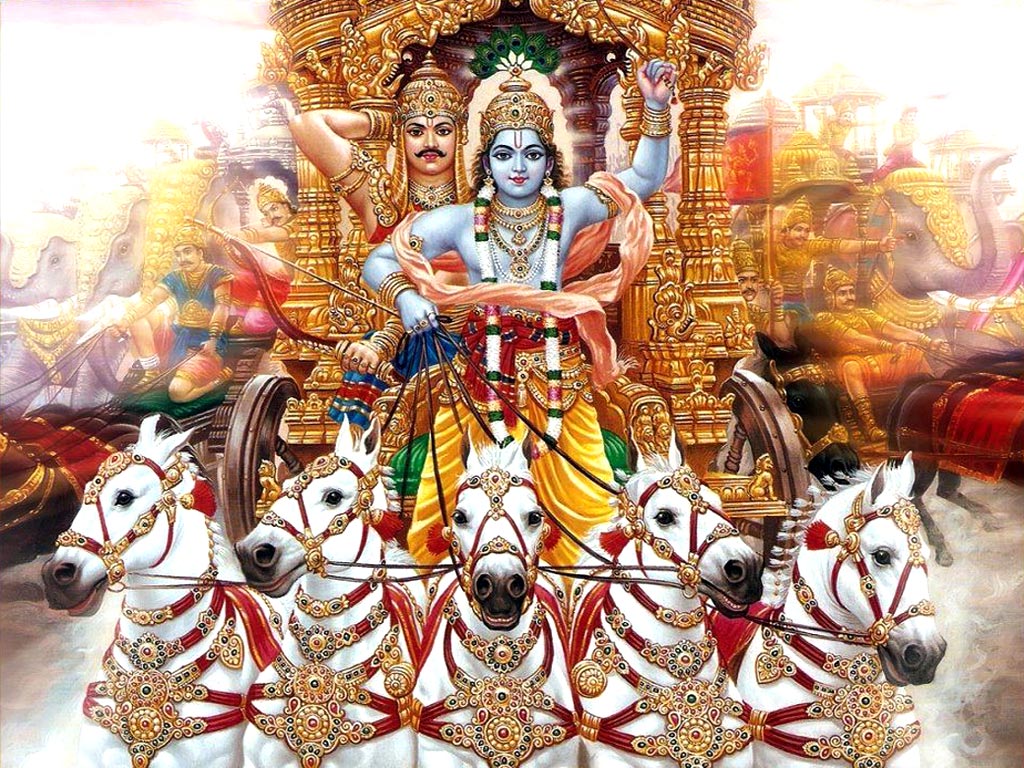seeing through the eyes of scriptures
Chapter 3: Karma-yoga
anutisthanti manavah
sraddhavanto 'nasuyanto
mucyante te 'pi karmabhih

Commentary by Sri Vishvanatha Chakravarthi Thakur of Gaudiya Sampradaya:
In this verse the Lord speaks to encourage people to take up his teaching.
Commentary by Sri Ramanuja of Sri Sampradaya:
3.31 There are those persons who are qualified to understand the Sastras and decide for themselves what is My doctrine, and follow them accordingly; there are others who are full of faith in the meaning of the Sastras without however practising it. And there are still others who, even though devoid of faith, do not cavil at it, saying that the true meaning of the Sastras cannot be this, i.e., they do not find any blemish pertaining to the Sastras which possess great qualities. All these persons are freed from Karmas which are there from beginningless time and which cause bondage. By the term, api (even) in ‘te pi karmabhih’ (‘even they from Karmas’), these men are divided into three groups. The meaning is that those who, even if they do not act upon the meaning but still believe in this meaning of the Sastras and do not cavil at it, will be cleansed of their evil by their faith and freedom from fault-finding. For, if they have faith they will, before long, take to the practice of this very meaning of the Sastras and be freed. Sri Krsna now speaks of the evil that will befall those who do not practice this instruction of the Upanisads, i.e., those who are faithless and who cavil at it.
Commentary by Sri Sridhara Swami of Rudra Sampradaya:
The advantage of performing prescribed Vedic activities is being stated by Lord Krishna. Those situated in karma yoga or performing prescribed Vedic actions that have faith in the pristine teachings of the Bhagavad-Gita and perform these instructions in their daily lives, without blaspheming the teachings by thinking that they are incorrect and unnecessary will also gradually be freed from all reactions which cause bondage in the material worlds the same as the person situated in jnana yoga or the cultivation of spiritual knowledge.
Commentary by Sri Madhvacharya of Brahma Sampradaya:
Sri Madhvacharya did not comment on this sloka.
Commentary by Sri Keshava Kashmiri of Kumara Sampradaya:
Up until this verse Lord Krishna presented the point of view that prescribed Vedic activities will not incur any fault if performed in yagna or worship in dedication to the Supreme Lord. This is because the doership of all souls are dependant solely on the Supreme Being as is confirmed in hundreds of scriptural verses from the Vedic scriptures such as: He is the soul of all. He the controller of all has entered inside each of them. He verily causes those to perform great works whom He intends to liberate from this world. Such passages are found in the Brhandaranyaka Upanisad and others. Now Lord Krishna points out the virtues in those who follow the pristine teachings of the Bhagavad-Gita accepting them as perfect with full faith without finding fault in performing actions without desires and attachment or blaspheming the speaker by critcising the idea of performing actions free from ego consciousness or speculating how can it be possible that by performing these instructions one becomes free from bondage of all actions and the cycle of birth and death. The teachings and instructions of Lord Krishna in the Bhagavad-Gita are the essence and conclusion of all Vedic Scriptures and are given for the highest benefit of all mankind.
Views: 215
Comment
© 2025 Created by Paramananda das.
Powered by
![]()
You need to be a member of Sastra Caksusa to add comments!
Join Sastra Caksusa